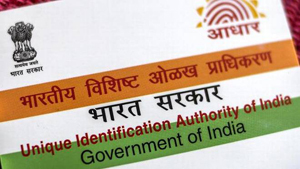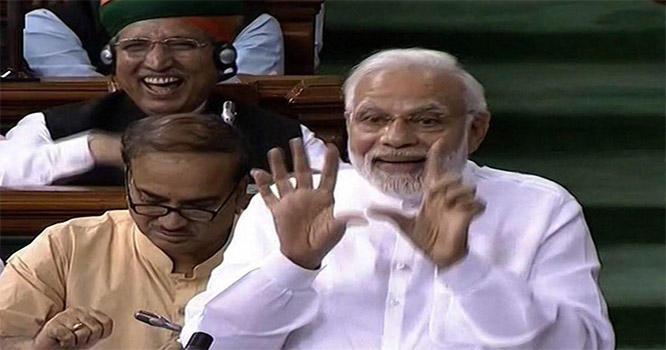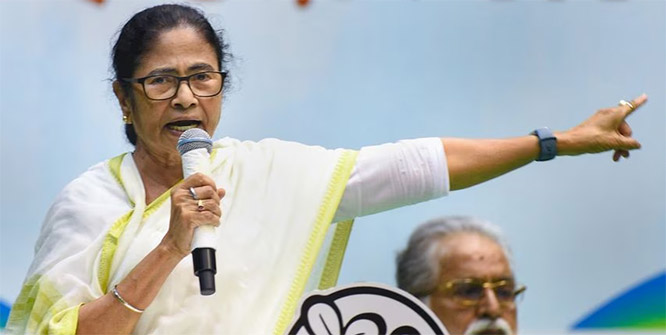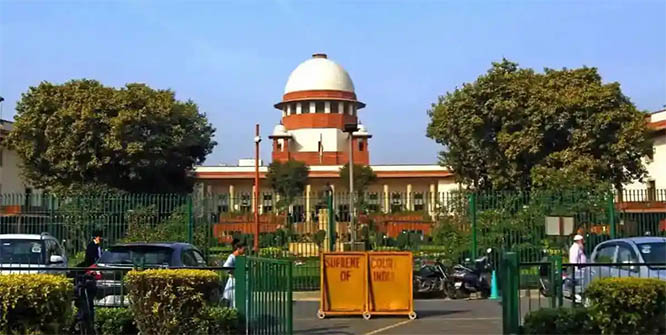New Delhi, Feb 6: The Human Resource Development (HRD) Ministry has expressed concern over the Centre’s push to link the Aadhaar number with subsidy schemes related to school education.

“As the schemes are huge, impacting education of children across the country, the matter has to be examined in greater detail,” Maneesh Garg, Joint Secretary, DSEL, said, according to the minutes of the meeting held on December 23.
The meeting was chaired by Dr. A.R. Sihag, Secretary (Co-ordination and Public Grievances) at the Cabinet Secretariat.
The HRD Ministry official was responding to the Cabinet Secretariat’s directive in November, asking all the Ministries to issue notification under Section 7 of the Aadhaar Act, 2016, which makes the use of Aadhaar “an identifier for delivery of various subsidies or benefits or schemes” to beneficiaries.
31 schemes identified
So far, the Centre has identified 31 schemes where the Aadhaar number can be used as identification for providing various benefits, according to various minutes of the meetings reviewed by The Hindu. A senior government official said the Ministries will either ask all beneficiaries to furnish Aadhaar details for receiving benefits under Central government schemes or will help them get enrolled under Aadhaar.
Some of the identified schemes include direct cash transfer of food subsidy under the National Food Security Act, supplementary nutrition to children below six and pregnant mothers, along with monthly honorarium for anganwadi workers under the Integrated Child Development Services, and subsidy on housing loans under the Pradhan Mantri Awas Yojana (Grameen).
However, there is uncertainty over the 11 schemes of the HRD Ministry identified to be covered under the Aadhaar Act.
The proposed notification to link two centrally sponsored student scholarship schemes – to promote enrolment of girl child and economically weaker sections in schools – with Aadhaar has been put on hold after the Supreme Court stayed the mandatory use of Aadhaar in one of the scholarship schemes of West Bengal in September.
In the December meeting, the Cabinet Secretariat asked the Unique Identification Authority of India (UIDAI), the nodal body assigned to roll out Aadhaar all over the country, to “expedite and take the opinion of the Attorney General in respect of notifications to be issued for [two] scholarship schemes at the earliest.”
The Cabinet Secretariat asked the HRD Ministry to “expedite preparation of draft notification in respect of the remaining nine schemes” such as Mid-Day Meal Scheme and Sarva Shiksha Abhiyan.








Comments
Add new comment